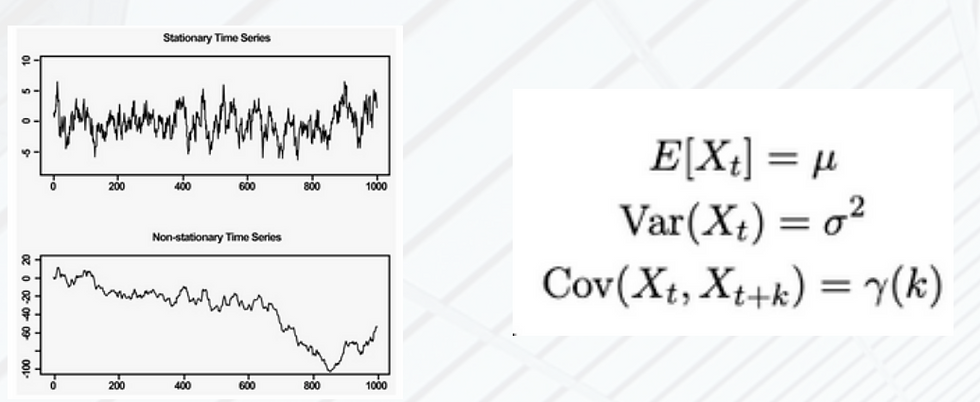Credit Suisse Debtholders Sue the Suisse Government
- Sora Capital A.C.

- Apr 29, 2023
- 1 min read
Updated: Jun 19, 2024
Credit Suisse's government-orchestrated rescue prioritizes shareholders over bondholders, causing controversy and legal action.

With bonds that presented a previous valuation of nearly 5 billion Swiss francs, former Credit Suisse AT1 bondholders were wiped out by the Swiss regulator FINMA (Financial Market Supervisory Authority).
The Credit Suisse government-orchestrated rescue that caused a takeover by UBS has followed an unusual method of compensating shareholders before bondholders. Markets were altered at most after Credit Suisse's "additional tier one" (AT1) became worthless while there was an all-share rescue. This caused 18 billion dollars of bonds to be banned and a rescue of 3 billion dollars in shares.
A long-established worldwide bank structure template states that common equity tier 1 (CET1) should absorb losses before additional tier 1 (AT1), prioritising bondholders before shareholders when incurring losses, but this was not the case. Quoting Quinn Emanuel’s Swiss managing partner, Thomas Werlen, "FINMA’s decision undermines international confidence in the legal certainty and reliability of the Swiss financial centre."
Even though these bonds were intended to ensure that investors (and therefore not taxpayers) carried the cost of risk if a bank ran into trouble, bondholders have been seeking legal counsel ever since the rescue upended a long-established standard in the banking industry.

Source: Orbit 36, Capital Structure of a Bank
Written by Alfonso Egaña, Market Analyst & Partner at Sora Capital A.C.




Comments